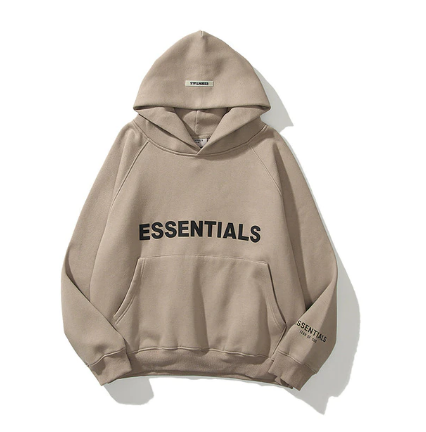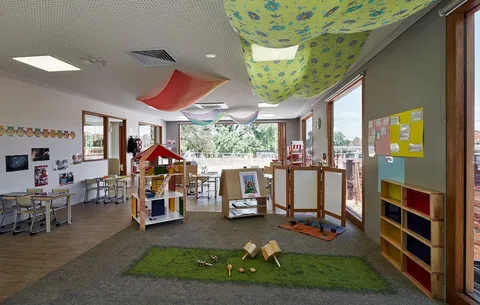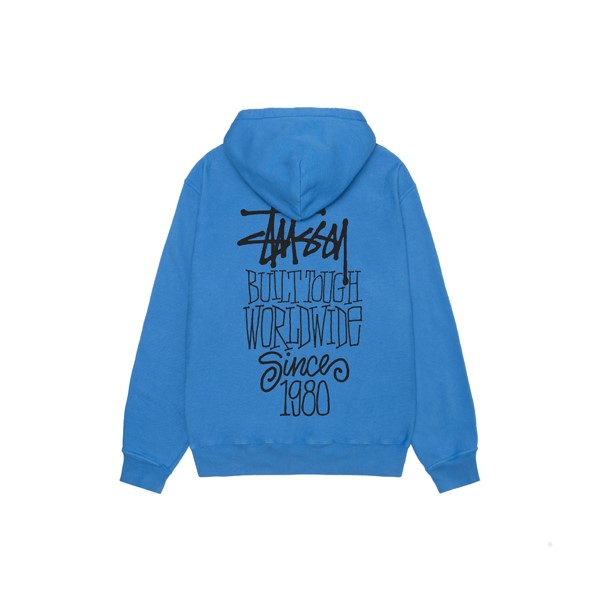In a fast-paced, ever-evolving world, the word “Essentials” often gets thrown around lightly. Whether it’s a minimalist checklist, a survival kit, or a guide to emotional well-being, the notion of “essentials” can carry different meanings depending on context. But peel back the layers of complexity, and you’ll find that essentials are more than just the bare minimum—they are the foundation of survival, growth, and fulfillment. Understanding what is truly essential is an art that requires introspection, awareness, and courage.
The Survival Essentials: Life at Its Rawest
When stripped to the core, the most literal interpretation of essentials refers to the basic necessities required to sustain life. These include food, water, shelter, air, and safety. They form the bedrock of Maslow’s Hierarchy of Needs—the physiological prerequisites without which human life cannot continue.
Imagine being stranded in the wilderness with only a backpack. Suddenly, flashy gadgets and luxury items lose their allure. Your focus sharpens to locating potable water, securing food, building a fire, and constructing a makeshift shelter. These are not conveniences; they are the line between life and death.
In this context, essentials are non-negotiable. They remind us that no matter how advanced society becomes, we are still biological beings, deeply tied to nature’s rhythms. It’s a humbling realization—an antidote to the artificial complexity of modern life.
The Psychological Essentials: Food for the Mind and Soul
Beyond physical survival lies the realm of the mind and soul. Psychological essentials are less tangible but equally vital. Love, connection, purpose, identity, and autonomy—these are the nutrients for the psyche. While you can survive without them, true living only begins when these needs are met.
In a digital world saturated with notifications and superficial exchanges, meaningful human connection has ironically become a rare commodity. Yet it remains one of the most essential elements for mental health. Studies repeatedly show that loneliness can be as damaging to health as smoking or obesity.
Purpose is another psychological essential. Without it, even the most luxurious life feels empty. A sense of meaning, whether derived from career, family, spirituality, or service, acts as an internal compass that guides decisions and sustains motivation through adversity.
Digital Essentials: The Modern-Day Survival Kit
As our lives become increasingly digital, the definition of “essentials” has evolved to include tools and systems that allow us to function in virtual environments. A stable internet connection, a functional smartphone or laptop, and cybersecurity tools like password managers and antivirus software are now considered modern-day necessities.
In professional and academic contexts, digital literacy is not a luxury but an essential skill. It enables individuals to access information, connect with peers, perform remote work, and even manage health through digital records and telemedicine.
However, with great connectivity comes great responsibility. Digital essentials must be used mindfully. Knowing when to disconnect is just as crucial as knowing how to navigate an online platform. Digital hygiene—like managing screen time, filtering content, and maintaining privacy—is part of the new survival toolkit.
Emotional Essentials: The Invisible Lifelines
Emotional essentials often go unspoken, but they are the quiet architects of a well-balanced life. Emotional safety, validation, trust, and self-compassion are key pillars that support mental well-being. They don’t come in bottles or boxes, yet their absence can cripple even the most resilient individuals.
Validation—both internal and external—is particularly important. It allows individuals to feel seen and heard, affirming their emotional reality. In families, workplaces, and friendships, the act of listening without judgment is an essential service that sustains relationships.
Trust operates similarly. It’s the invisible thread that binds communities, institutions, and personal bonds. Once broken, it takes a herculean effort to repair. Emotional resilience, therefore, isn’t about suppressing feelings; it’s about cultivating an environment where they can be expressed safely and constructively.
Lifestyle Essentials: Less Stuff, More Substance
In the realm of lifestyle, the concept of essentials has been radically redefined by movements like minimalism and sustainable living. Here, essentials refer to items and practices that add genuine value to daily life, as opposed to those that simply take up space.
A minimalist might argue that a capsule wardrobe, a good book, and a quiet morning routine are all one truly needs. A sustainability advocate would emphasize eco-friendly products, conscious consumption, and energy-efficient tools. Both perspectives point to the same idea: essentials are not about quantity but quality.
Consumer culture often equates “more” with “better.” Yet studies show that excess can lead to anxiety, decision fatigue, and cluttered living. In contrast, a life curated around true essentials fosters clarity, peace, and intentionality.
Financial Essentials: Building Security and Freedom
Financial literacy is another area where the idea of Essentials Hoodie plays a pivotal role. At its core, financial essentials include budgeting, saving, investing, and planning for emergencies. These are the pillars of economic independence and long-term security.
Knowing how to manage money is arguably one of the most empowering life skills. A person who understands their financial essentials can navigate job loss, health crises, and major life changes with greater resilience.
Emergency funds, insurance, and retirement savings might not offer immediate gratification, but they are the quiet protectors of future stability. These essentials aren’t glamorous, but their impact is profound.
Educational Essentials: The Keys to Lifelong Learning
Education is often hailed as the great equalizer. Yet not all knowledge holds equal value. Educational essentials include foundational literacy and numeracy, critical thinking, emotional intelligence, and digital competency. These are the tools that empower individuals to understand, question, and contribute meaningfully to the world.
Memorizing facts has its place, but the modern world demands adaptability, creativity, and ethical reasoning. The ability to learn, unlearn, and relearn has become an essential skill in itself.
Moreover, education should not end with a diploma. Lifelong learning is an essential mindset that keeps individuals agile in a world of constant change. Podcasts, online courses, books, and even conversations with mentors all form part of this extended educational toolkit.
Cultural Essentials: What We Carry Within
Culture, too, has its own essentials—stories, traditions, values, and rituals that shape identity and collective memory. These elements connect us to our roots and give meaning to shared experiences.
Cultural essentials are often passed down through generations, forming the invisible threads of community. Whether it’s the language spoken at home, the food cooked during festivals, or the music played at family gatherings, these elements enrich lives in ways that transcend material wealth.
In times of crisis, people often return to their cultural essentials for comfort and guidance. They act as anchors, offering a sense of continuity in a rapidly changing world.
Health Essentials: The Foundations of Vitality
Good health is the ultimate enabler. Without it, all other achievements fade into the background. Health essentials include balanced nutrition, regular physical activity, quality sleep, mental hygiene, and preventative care.
The pandemic taught the world a harsh lesson: health cannot be taken for granted. Access to clean water, healthcare services, and accurate medical information are not just privileges—they are life-saving essentials.
But health is not merely the absence of disease. It’s the presence of vitality, energy, and balance. A truly healthy person cultivates habits that support both the body and the mind, from daily walks and yoga to journaling and stress management.
Environmental Essentials: Sustaining Our Shared Home
Finally, we must consider the planet—our ultimate provider. Environmental essentials refer to the natural resources and ecosystems that sustain life: clean air, fresh water, fertile soil, and biodiversity.
The climate crisis has spotlighted just how fragile these essentials have become. Deforestation, pollution, and climate change threaten the very foundations of human and animal survival. If we lose these essentials, there is no backup planet.
Sustainable practices—like reducing waste, conserving water, and supporting green energy—are not just ethical choices. They are essential acts of preservation for current and future generations.
Reevaluating Our Own Essentials
Perhaps the most powerful use of the word “essentials” is as a tool for self-reflection. What are your essentials—not according to society, but according to your own values, needs, and dreams?
Are they aligned with how you spend your time, money, and energy? Or have you accumulated non-essentials that now drain your resources without adding value?
Taking stock of your own essentials—be it in relationships, career, habits, or beliefs—can be a transformative exercise. It clears the clutter and re-centers your life around what truly matters.
Essentials Are Not Just Things—They Are Truths
Essential Hoodie are not merely about survival; they are about clarity, direction, and authenticity. In a world brimming with distractions, identifying your personal essentials can act as a compass that keeps you grounded.
Whether it’s a quiet moment in nature, the warmth of family, the discipline of saving money, or the courage to speak your truth—these are not luxuries. These are life’s true essentials.



